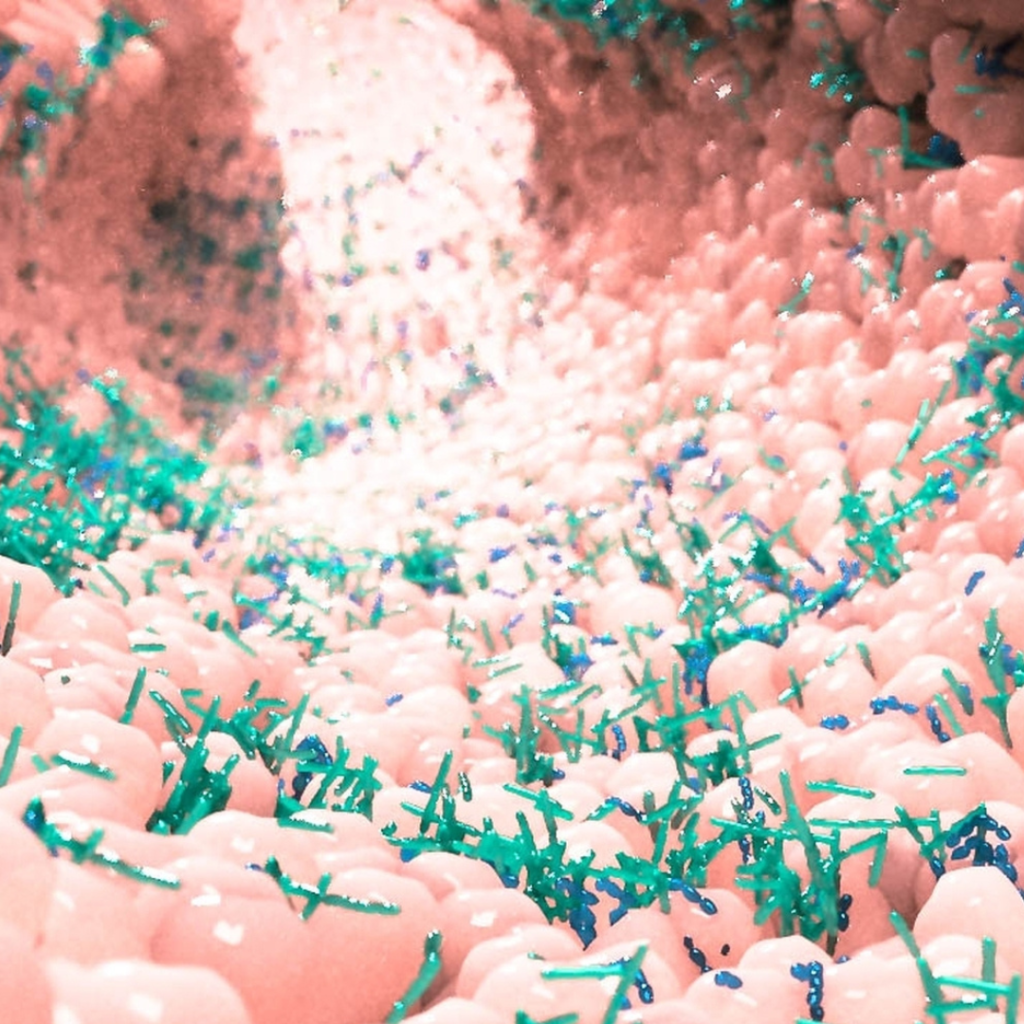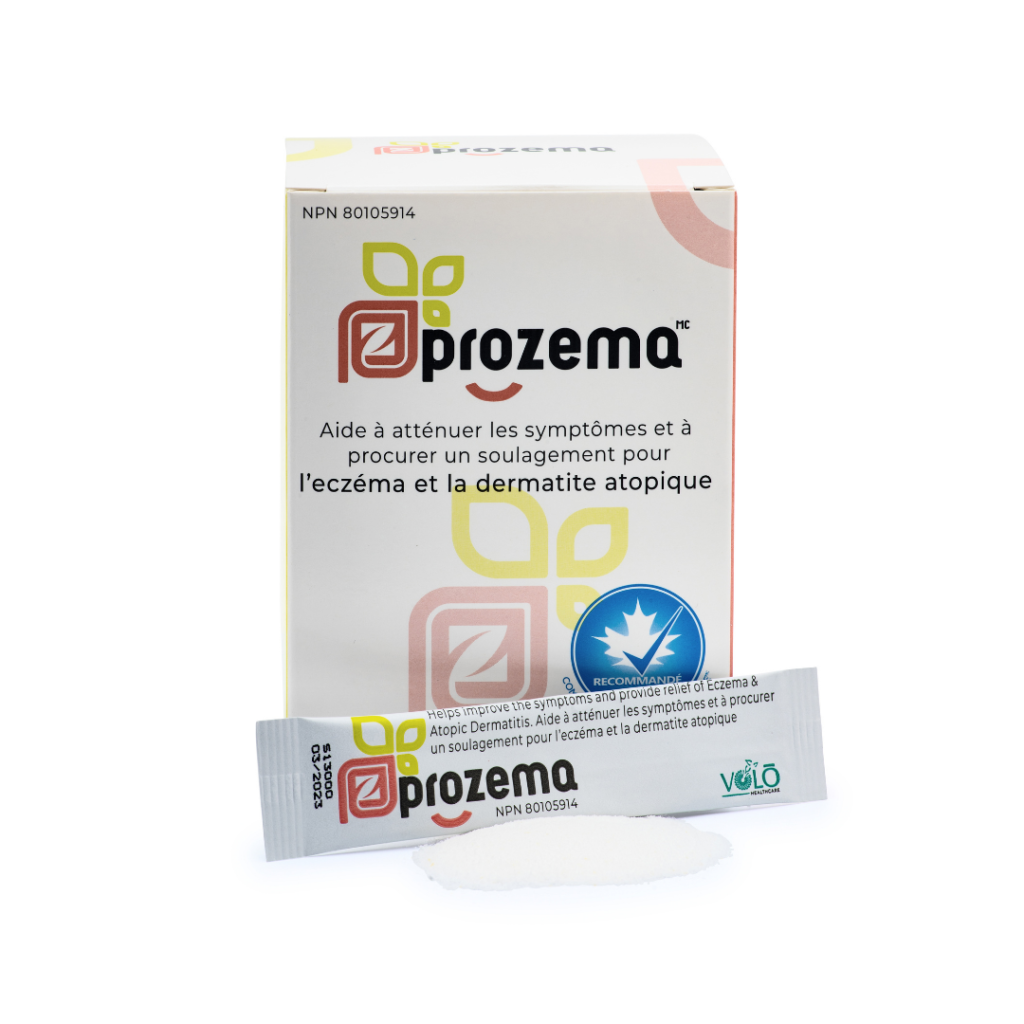
Microbiome And Probiotics
Probiotics | Microbiome | The Gut | Prebiotics | Gut Health | ProZema | Summary
Microbiome And Probiotics
Our bodies are made of millions of microorganisms that make up the microbiome. These microorganisms include both good and bad ones. To make sure you have enough of the good microorganisms, you can consume probiotics.
Probiotics are live microorganisms that when administered in adequate amounts confer a beneficial health effect on the host, according to the World Health Organization.
The balance between good and bad microorganisms can shift, leading to an unbalanced microbiome. This can bring about a variety of health issues, from digestive problems to skin conditions. Scientists continue to learn more about the connection between the microbiome and our health every day.
What Is The Microbiome
A microbiome is the name given to an environment of microorganisms. These microorganisms are also called microbes. Additionally, these microbes are made of many different species.
Microbes can include:
- Bacteria
- Viruses
- Fungi
- Parasites
Our bodies are full of microbes that are good and microbes that are bad. The good microbes help fight off the bad microbes, ensure the balance of the microbiome and keep us healthy. However, sometimes there may be too many bad microbes or not enough good microbes and this can make us sick.

Gut Microbiome
There are several microbiomes in your body. One of these is in your gut, where millions of microorganisms make up the gut microbiome. Your gut microbiome has good bacteria that is very important for keeping any bad bacteria in check and the microbiome balanced.
Researchers are finding more links between the gut microbiome and your overall health. The gut microbiome can influence diseases such as autoimmune conditions and cancers, and can even play a role in skin conditions. As such, your gut microbiome plays a crucial role in your health.
So how can you take better care of your gut microbiome, and in turn, your health?
Prebiotic Vs. Probiotic
When you think of gut health, you may think of probiotics or even prebiotics. These can help to keep your microbiome balanced. While both prebiotics and probiotics are important for your health, they are very different things.
Prebiotics are plant fibres. They are found in many foods that you eat. Prebiotics feed your gut’s healthy bacteria and help them grow. Your body can’t digest these prebiotics, so it goes directly to your gut microbiome to be food for the good microbes. You can get prebiotics from your diet or from supplements.
Here is a list of prebiotic foods:
- Bananas
- Apples
- Asparagus
- Garlic
- Onions
- Leeks
- Seaweed
- Oats
- Yams
- Foods with complex carbohydrates
Unlike prebiotics, probiotics don’t feed microbes. Probiotics actually contain microbes. Consuming probiotics adds good bacteria to your gut microbiome which can help to keep it balanced.
Just like prebiotics, you can get probiotics from food or from supplements. Here is a list of probiotic foods:
- Yogurt
- Kimchi
- Sauerkraut
- Kombucha
- Pickles
- Tempeh
- Some cheeses
Sometimes diet alone isn’t enough to get your needed prebiotics and probiotics. If you are thinking of taking prebiotic or probiotic supplements, make sure to check with a doctor to see which supplement is right for you. Some prebiotic and probiotic supplements also target certain health conditions so you can ask what will work best for your situation.
Probiotics For Gut Health
The microbes in your gut are especially important for your gut and overall health. Including both prebiotic and probiotic foods or supplements can help to increase and multiply the good bacteria in your gut. This is important as people with some diseases have been shown to have low microbe diversity in their gut microbiome.
This includes diseases like inflammatory bowel disease. Not having enough good bacteria can also cause Clostridium difficile infection with severe diarrhea and other severe problems. Recent clinical trials have shown a link between an unbalanced gut microbiome and eczema as well.
Probiotics can help balance your gut microbiome and increase its diversity. A balanced, diverse gut microbiome helps to improve your symptoms of specific conditions and your overall health.

ProZema Probiotic
There are many different probiotic strains, and each one has a different property. Some of the common ones are Lactobacillus and Bifidobacterium strains. Reading the labels of any probiotic supplement is important, as the health benefits depends on the blend of strains.
Based on research into the microbiome of eczema and atopic dermatitis sufferers, ProZema is a probiotic blend containing the strains:
- Bifidobacterium lactis,
- Bifidobacterium longum, and
- Lactobacillus casei.
ProZema’s probiotic blend has antioxidant and anti-inflammatory properties. It also helps increase gut microbiome diversity. Through the gut-skin axis, ProZema reduces the symptoms of atopic dermatitis and eczema.
If you have eczema or atopic dermatitis, and are looking for natural therapies, ProZema can be a part of your eczema treatment plan. The powder form of ProZema makes it easy to dissolve in room-temperature foods and liquids. You should consume ProZema for 3 months to get the best benefit from this unique probiotic blend.
Conclusion
The microbiome and probiotics both are very important for your health. You have microbiomes in your gut, lungs, and skin. The gut microbiome is crucial for your overall health and keeping it in balance can help with many digestive and even skin conditions. Probiotics contain good microbes and they can balance your microbiome for optimal health. Not only that, a balanced gut microbiome can heal your skin as well, specifically, the symptoms of eczema and atopic dermatitis. If you have concerns about your gut health or your skin, talk to your healthcare practitioner about the microbiome and probiotics today.
References:
Harvard T.H. Chan School of Public Health: The Microbiome
National Library of Medicine: Effects of Probiotics on Gut Microbiota: Mechanisms of Intestinal Immunomodulation and Neuromodulation
Nature: The Gut Microbiome
Mayo Clinic: Prebiotics, Probiotics and Your Health
Healthline: The 19 Best Prebiotic Foods You Should Eat
Harvard Health Publishing: How to Get More Probiotics
The BMJ: Role of the Gut Microbiota in Nutrition and Health
Cleveland Clinic: Probiotics
